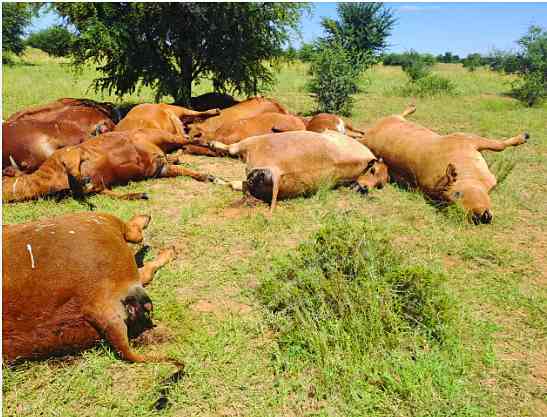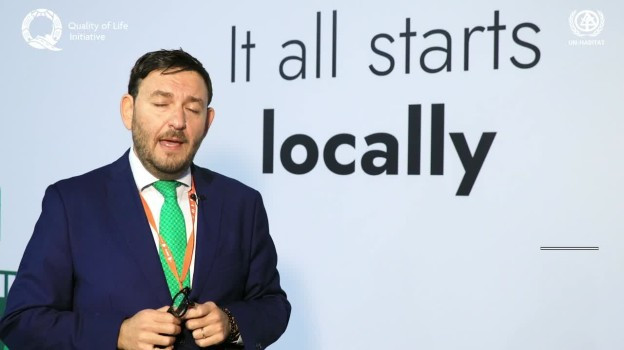
A LATEST World Food Programme (WFP) has predicted an increase in livestock deaths in the next few months which may surpass last year’s figures.
Last year, the Agriculture and Rural Development Advisory Service disclosed that the country recorded 7 643 livestock deaths with Matabeleland South the worst affected followed by Matabeleland North, Midlands and Masvingo.
In its situational report titled, Zimbabwe Food Security and Markets Monitoring Report for April 2024, WFP observed that livestock conditions are fair to poor in most areas due to diminishing pastures.
“Livestock trekking distance in search of drinking water has now increased, as some of the rivers have dried up,” the report read.
“At the end of the rainy season, water availability and access issues, particularly prevalent in semi-arid regions, pose significant challenges.”
WFP said factors contributing to the increase in livestock deaths include limited access to veterinary services, deteriorating pasture quality, and water scarcity.
“However, the livestock terms of trade are unfavourable, with cattle fetching prices significantly below their normal rates due to an oversupply and diminished demand.”
In April this year, the USAid’s Famine Early Warning Systems Network report warned that at least 1,4 million cattle are at risk of death due to drought conditions.
- Govt to distribute grain as hunger stalks millions
- Coping with drought through WFP’s resilience programme
- Zim’s urbanites facing high prices
- 3,8m villagers face hunger
Keep Reading
Reports indicate that most provinces have run out of pastures as the effects of the El Niño cause havoc across the country.
Farmers have been encouraged to destock to avert losses from cattle deaths.
However, destocking is often frowned upon as livestock is viewed as a sign of wealth and a status symbol.








